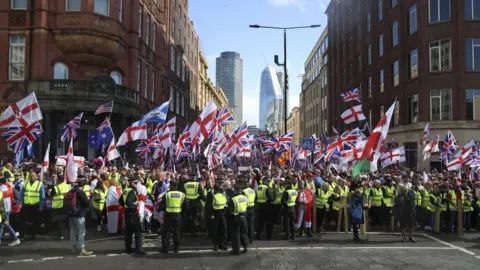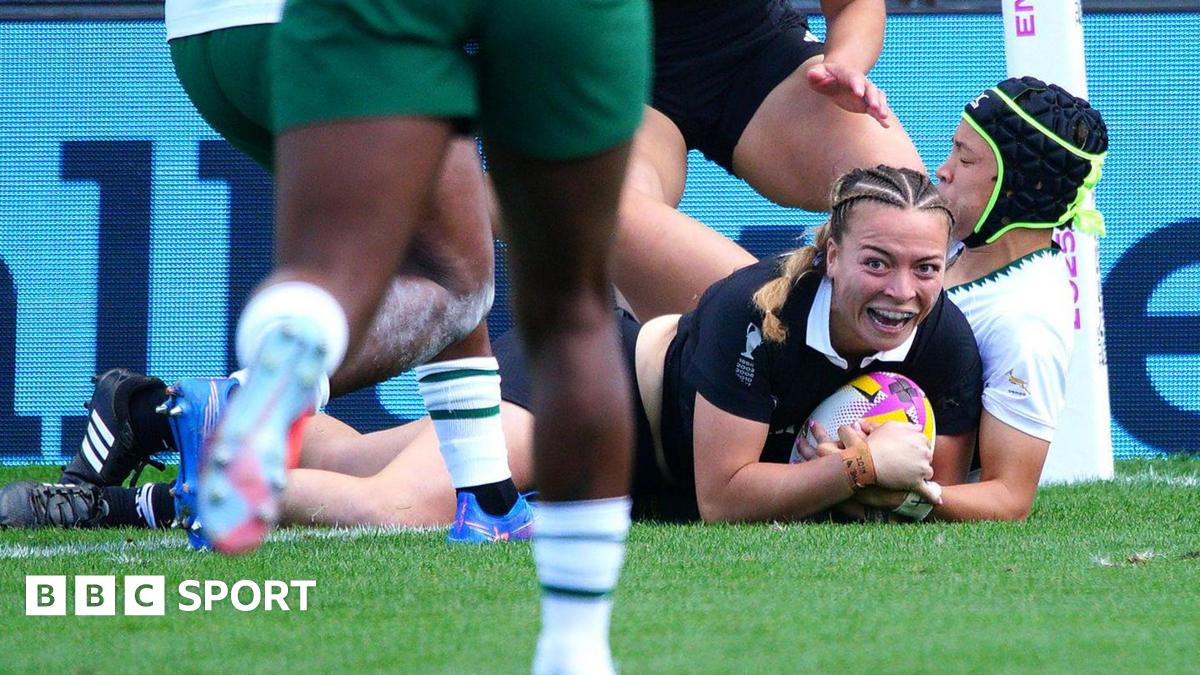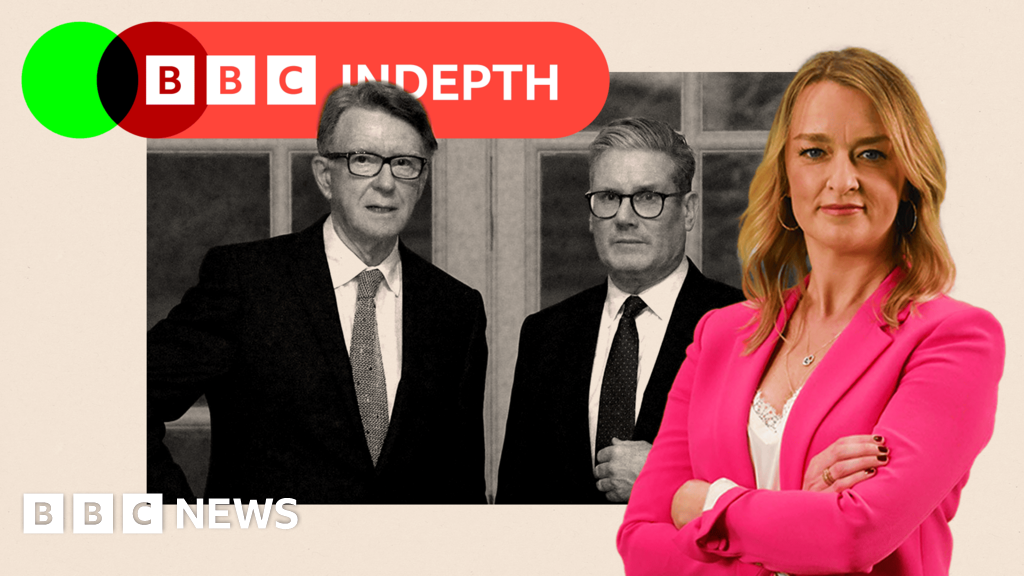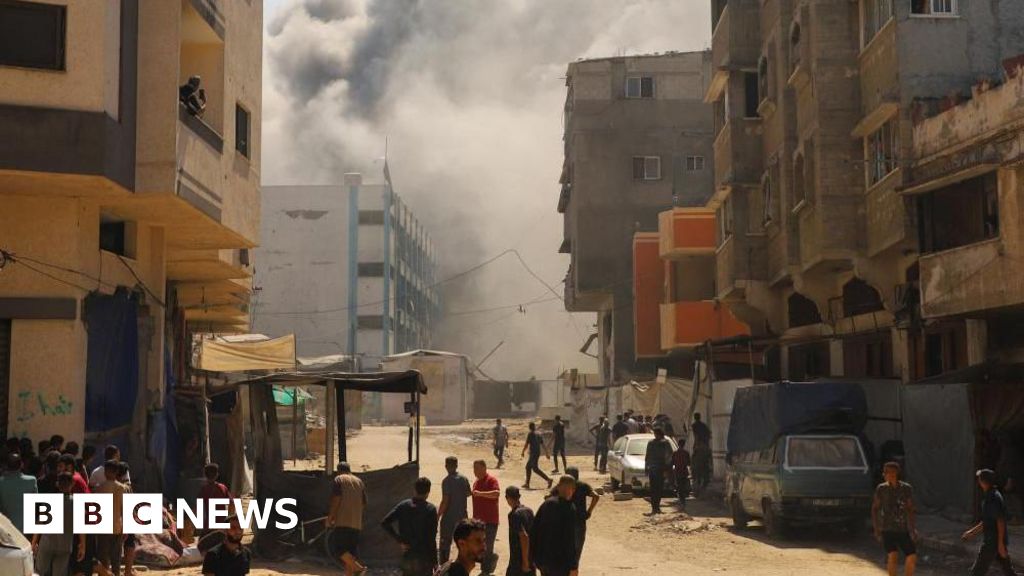Daniel SandfordUK correspondent, central London and Maia Davies

 EPA
EPA
Thousands have gathered in central London for a march organised by far-right activist Tommy Robinson, with a counter protest by anti-racism campaigners also taking place.
Some 1,000 officers have been assigned to the demonstrations, the Metropolitan Police said, with barriers in place to create a "sterile area" between the two groups.
"Today London stands tall in defence of one of our most vital rights – free speech," Robinson wrote on X.
The streets were a sea of union jacks, St George's crosses, Scottish saltires and Welsh flags as large crowds of protesters amassed near Waterloo Bridge ahead of the 'Unite the Kingdom' march towards Whitehall.
The Met said it had borrowed 500 officers from other forces for the day, with police vans from Leicestershire, Nottinghamshire and Devon and Cornwall.
There were a mix of slogans on the flags including 'Stop the Boats', 'Send them Home' and 'Unite the Kingdom,' and anti-transgender activists are among the crowds.
One man carried a large wooden cross with 'RIP Charlie Kirk' written on it - the right-wing US activist shot dead on Wednesday while speaking at a university.
Elsewhere, around 500 people gathered near Russell Square for the 'March Against Fascism' counter protest organised by Stand up to Racism (SUTR).
Demonstrators held placards reading 'Women Against the Far Right,' 'Oppose Tommy Robinson,' and 'Refugees Welcome'.
The group will also march toward Parliament Square - only a few hundred metres from the Unite the Kingdom rally.
Aerial video shows scale of ‘Unite the Kingdom’ protest
Ahead of the march, the Met confirmed it would not be using live facial recognition - which captures people's faces in real-time CCTV cameras - in its policing of the Unite the Kingdom march.
It also said there were "particular concerns" among Muslim Londoners ahead of Robinson's protest, citing a "record of anti-Muslim rhetoric and incidents of offensive chanting by a minority at previous marches".
Cdr Clair Haynes said: "Officers will take a firm line on behaviour that is discriminatory or that crosses the line from protest into hate crime."
She added that police would act "without fear or favour" and asked demonstrators to "be considerate of the communities they are passing through".
.png)
 3 hours ago
2
3 hours ago
2








 English (US) ·
English (US) ·